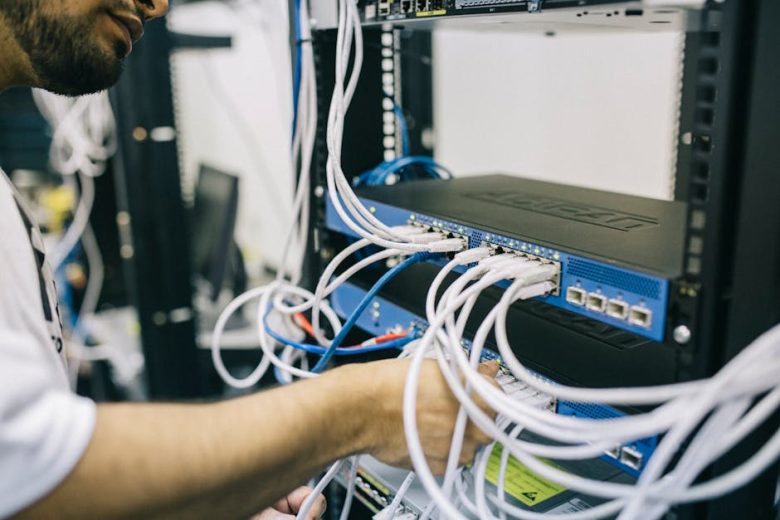As the world grapples with the consequences of climate change, renewable energy has emerged as a beacon of hope. But how does this shift towards cleaner energy sources impact our daily lives? The transition from fossil fuels to renewables isn’t just an environmental necessity; it also influences our economy, health, and social dynamics in profound ways.
In recent years, we have witnessed a significant increase in the adoption of renewable energy technologies such as solar, wind, and hydroelectric power. This shift is not merely a trend but a fundamental change in how we produce and consume energy. The effects of this transformation ripple through our lives, affecting everything from the air we breathe to the economy we participate in. Understanding these impacts can help us appreciate the importance of renewable energy in creating a sustainable future.
One of the most immediate benefits of renewable energy is the improvement in air quality. Traditional energy sources, particularly coal and natural gas, release harmful pollutants that contribute to respiratory issues and other health problems. In contrast, renewable energy sources generate power without emitting greenhouse gases or other harmful substances. As more homes and businesses switch to renewable energy, we can expect a significant reduction in air pollution, leading to healthier communities and reduced healthcare costs.
Economically, the rise of renewable energy has created a surge in job opportunities. The renewable energy sector is one of the fastest-growing industries, employing millions of workers worldwide in various roles, from manufacturing solar panels to installing wind turbines. This shift not only provides jobs but also stimulates local economies, as communities invest in sustainable infrastructure. The transition to renewables is not just an environmental initiative; it is also an economic strategy that can lead to long-term financial stability and growth.
Moreover, renewable energy fosters energy independence. Many countries are heavily reliant on imported fossil fuels, which can lead to economic vulnerability and geopolitical tensions. By investing in domestic renewable energy sources, nations can reduce their dependence on foreign oil and gas, enhancing their energy security. This independence empowers communities to take control of their energy needs, promoting resilience and sustainability in the face of global energy market fluctuations.
Socially, the transition to renewable energy can bridge gaps in energy access. Renewable technologies, particularly solar power, can be deployed in remote areas that lack access to traditional energy grids. This democratization of energy enables underserved communities to tap into clean, affordable power, improving their quality of life and opening up new opportunities for education, healthcare, and economic development.
In conclusion, the impact of renewable energy on our daily lives is profound and multifaceted. From improving air quality and creating jobs to enhancing energy independence and promoting social equity, the benefits are clear. As we continue to embrace renewable energy, we pave the way for a healthier, more sustainable future that benefits not just the planet, but every individual within it. The transition is not just an environmental imperative; it is a pathway to a better quality of life for all.
